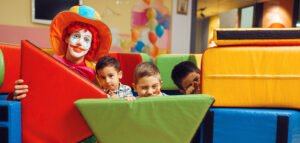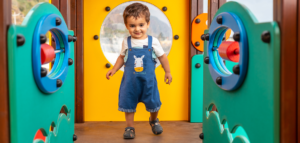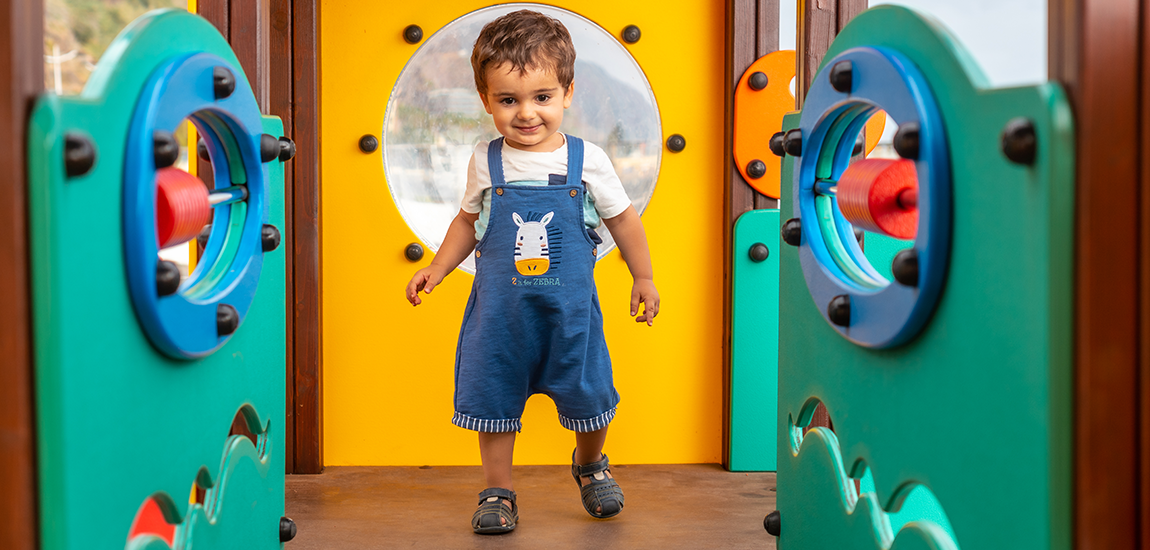
Children are natural problem solvers, and one of the best ways to nurture this skill is through creative play. Whether it’s building with blocks, crafting, or engaging in imaginative scenarios, creative play allows children to explore and experiment, helping them develop essential problem-solving abilities that they will carry with them throughout life. Here’s how creative play can significantly enhance problem-solving skills in young learners.
1. Encourages Critical Thinking and Decision Making
Creative play often presents children with challenges that require them to make decisions. For example, when building a structure with blocks, a child must figure out how to stack them in a way that won’t cause the structure to collapse. They have to think critically about which pieces fit together, what will provide the best support, and how to balance everything. These moments of decision-making build their ability to analyze situations and come up with effective solutions.
2. Fosters Exploration and Experimentation
Creative play encourages children to explore new ideas and experiment with different approaches. In art, for instance, they might try mixing colors or using various materials to create something unique. If their first attempt doesn’t go as planned, they’ll likely try again with a new strategy. This process of trial and error helps them learn that making mistakes is a valuable part of solving problems and that persistence leads to success.
3. Builds Logical Thinking and Sequencing
Many forms of creative play involve a series of steps or patterns that children must follow or create themselves. Activities like puzzles, Lego building, or even crafting a story through role-play all require logical thinking and sequencing. For instance, when solving a jigsaw puzzle, children learn to identify pieces that fit together based on their shape and color. These activities enhance their ability to break down a problem into manageable parts and think sequentially.
4. Boosts Imagination and Innovation
When children engage in creative play, they are often using their imagination to solve problems in innovative ways. For example, in role-playing games, children may encounter pretend scenarios that require them to come up with creative solutions, such as how to rescue a character or how to fix a problem in their imaginary world. This kind of play stretches their minds, encouraging them to think outside the box and develop innovative approaches to solving both real-world and imaginative problems.
5. Enhances Collaboration and Social Problem-Solving
Creative play often happens in groups, giving children the opportunity to solve problems together. Whether it’s negotiating roles during a pretend game or working together to build a fort, they learn to collaborate, communicate, and share ideas. Through this interaction, children develop social problem-solving skills like conflict resolution, empathy, and teamwork, all of which are essential in group problem-solving situations.
6. Strengthens Resilience and Perseverance
Not every creative project or play session will go smoothly, and that’s a good thing. When children face obstacles during creative play—like a structure falling down or a craft not turning out as expected—they learn to adapt and keep trying. These challenges help build resilience, showing children that failure is a part of the process and encouraging them to persevere until they find a solution. This mindset of persistence is crucial for problem-solving in all areas of life.
Conclusion
Creative play is a powerful tool for enhancing problem-solving skills in young children. Through exploration, experimentation, and imaginative thinking, children develop critical abilities like logical thinking, innovation, collaboration, and perseverance. By encouraging creative play at home or in school, we can help children build the foundational skills they need to tackle challenges with confidence and creativity throughout their lives. At Learning Twist, we recognize the importance of creative play in shaping young minds and incorporate it into our daily activities to ensure that children grow into confident problem solvers.
Encourage your child to engage in creative play, and watch their problem-solving skills blossom!
About Author

Reena Tomar (Principal)
Reena Tomar is a dedicated and passionate educator at Learning Twist Pre-School, where she plays a vital role in shaping the minds of young learners. With a background in early childhood education and several years of experience, Reena is committed to creating a nurturing and stimulating environment for her students. Her approach to teaching is centered around play-based learning, encouraging children to explore their creativity, develop critical thinking skills, and build social connections through fun and engaging activities. Reena believes in the power of hands-on learning and strives to make every day at Learning Twist an exciting adventure for the children. Known for her warm personality and patience, Reena Tomar is adored by both her students and their parents. Her ability to connect with children on a personal level and foster a love for learning makes her a cherished member of the Learning Twist team. With her guidance, children not only gain essential academic skills but also grow in confidence, empathy, and independence.
Recent posts


5 Essential Skills Your Child Will Learn in Preschool

10 Fun Art and Craft Ideas to Try at Home with Your Preschooler


